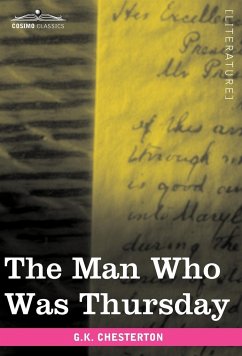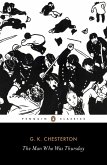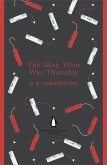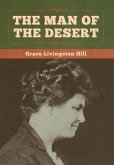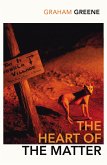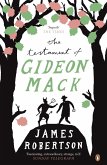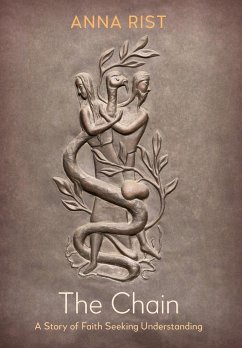British writer GILBERT KEITH CHESTERTON (1874-1936) expounded prolifically about his wide-ranging philosophies-he is impossible to categorize as "liberal" or "conservative," for instance-across a wide variety of avenues: he was a literary critic, historian, playwright, novelist, columnist, and poet. His witty, humorous style earned him the title of the "prince of paradox," and his works-80 books and nearly 4,000 essays-remain among the most beloved in the English language Considered by many readers to be his best work, this 1908 novel is an outrageous satire about a club of gentlemen in London at the turn of the 20th century who have vowed to destroy the world. Subtitled "A Nightmare," and bursting with Chesterton's trademark wit and abundant in surprising metaphors about religion, nature, and human civilization itself, it is a philosophical and ironic wonder, a delight to read and an even greater delight to ponder.
Hinweis: Dieser Artikel kann nur an eine deutsche Lieferadresse ausgeliefert werden.
Hinweis: Dieser Artikel kann nur an eine deutsche Lieferadresse ausgeliefert werden.

